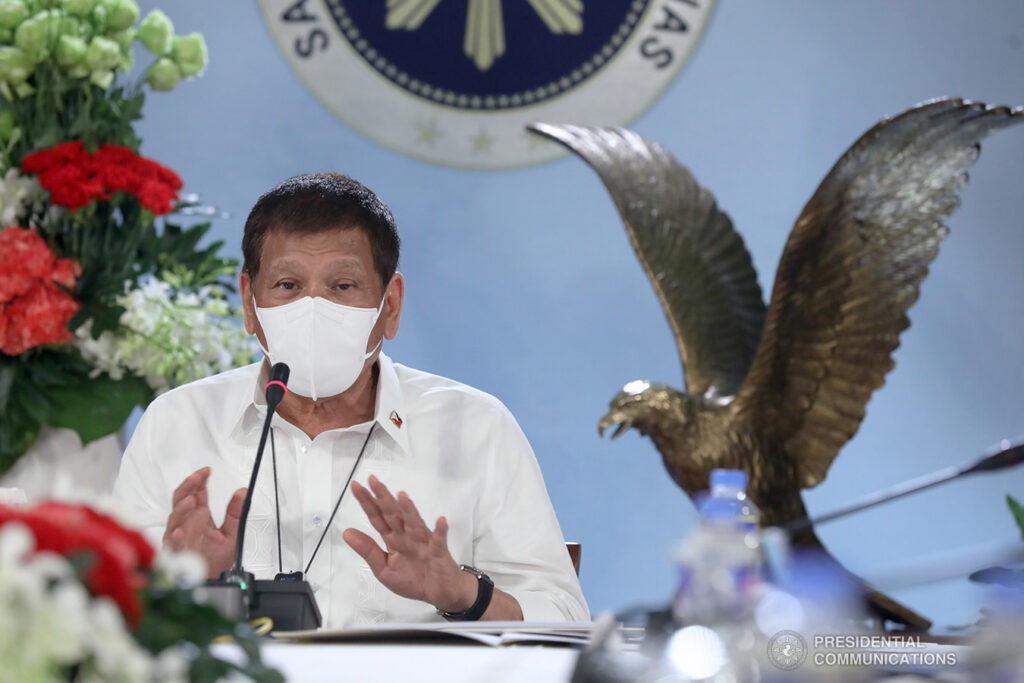
Populism, Conspiracy Narratives and Governmentality in Duterte’s Philippines
2024. International Journal of Media & Cultural Politics 20 (2): 153–172
This article examines the semantics of populist rhetoric and conspiracy narratives in the Philippines to understand how they can be operationalized for governmental purposes. Focusing on Rodrigo Duterte’s presidency (2016–22), I argue that conspiracy narratives simplify socio-economic issues and aid the transformation of collective discontent into an instrument of governmentality. Evidence from public speeches, news articles and online ethnographic research shows that these narratives enable populist actors to emotionally charge the political landscape, framing society in moral binary terms: the virtuous people, depicted as victims of corruption, vs. a morally compromised elite. In this context, populism simultaneously forges an antagonistic frontier and promotes an elitist agenda, thereby silencing dissent and leaving little space for resistance. The findings suggest that while populism can inspire and mobilize marginalized communities, its co-option for governmental purposes can subvert its emancipatory potential.